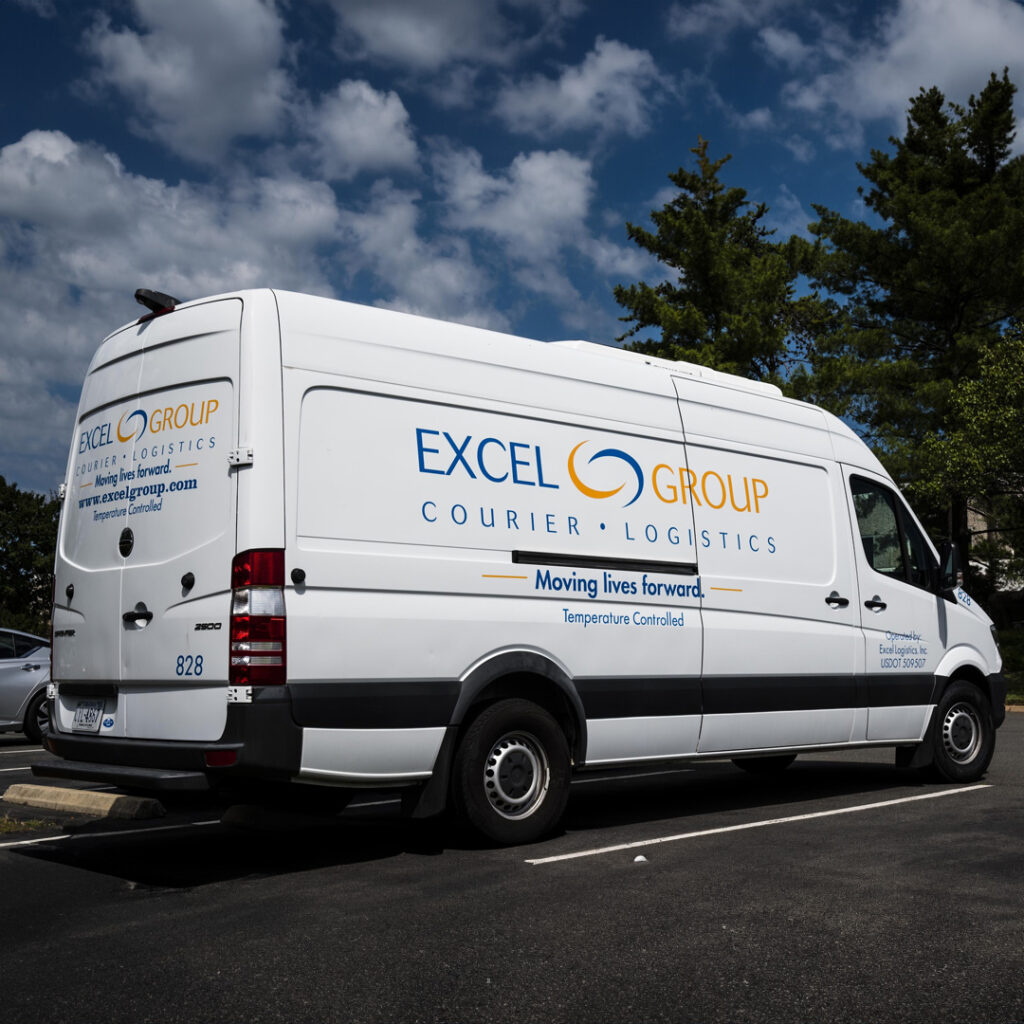WASHINGTON, D.C., April 5, 2022 – Last-mile carriers are increasingly looking to overseas help in the face of a tight job market. For one carrier, Eveready Express, it’s been the key to continue delivering a high level of customer support in the face of the labor shortage. And a strategy for coping with rising costs.
“It’s been challenging since COVID to hire and retain people, and more so now with the US at or approaching full employment.” says Eveready Express’ President, Keith Kirk, a New Jersey based provider of courier and trucking. “A lot of people have gone out of the workforce. That includes older, more experienced people who are concerned about COVID as well as younger moms. We used to hire a lot of mothers to work while their kids were in school, but COVID changed that.”
Kirk started entertaining the idea of supplementing his office staff with overseas workers in 2020. “If you told me a year ago that we would have several people outsourced to overseas, I would have said you were crazy. I’d tell you ‘It’s not a good fit for us. We want everybody in the same place.’ But here we are now with a team of six workers in the Philippines who assist in recruiting fleet drivers, screening independent contract drivers, handling basic email customer support, tracking and tracing drivers,” says Kirk.
He admits that his early attempts at using overseas workers got off to a rocky start. He cautions other logistics providers that there’s a learning curve to make this work that they need to be prepared for. He got a jump on that learning curve by reaching out to fellow members of the Customized Logistics & Delivery Association (CLDA). “I talked to CLDA members who have been very progressive in many areas and found out how they were approaching this,” says Kirk. “After that, I felt like I wanted to give it a try. We hired a telemarketer, a lead generation person, from a logistics outsourcing company in Columbia. It didn’t work out. One of the issues is that most of these workers had been trained for the truckload industry and when I brought them into the last mile space, they didn’t seem grasp it. While this first group didn’t work out, we were still committed to leverage the diversity and cost advantages of remote workers.”
A number of logistics providers use outsourcing companies to bring on overseas workers. “I understand some logistics companies have been very successful handling things this way, but this first experience wasn’t successful for us. On the other hand, I’ve had some success hiring remote on Fiverr, Upwork, and other online freelance marketplaces for specific projects and in short-term situations,” says Kirk. “In fact, we’ve used freelancers from these sites for specific projects, like online research, recruiting in the USA and overseas, even for a project to purchase delivery vans. For ongoing staffing, there are quite a few staffing firms who specialize in this, and also direct recruiting sites, if you want to take on the managing of the team yourself. Our overseas staff include customer support, administrative support, track and trace, and weekend dispatch. We’ve been able to expand our service hours very cost-effectively.”
The key to making it work, Kirk says, is training. “There’s definitely a lot of training involved,” cautions Kirk. “I found that when you bring in people who aren’t familiar with our industry there is a greater learning curve. We give them a script to follow when recruiting and screening independent contractors, so they meet our standards. That can be time-consuming. There are a lot of questions and checking out. Once they get the hang of it, we’ve found they’ve done very well and really helped us beef up our efforts.”
Tips for Making It Work
Is overseas help right for your company? Kirk suggests you approach it with an open mind, guided by these tips:
- Consider starting off using an overseas recruiting firm. “These companies do a lot of the legwork for you,” says Kirk. “This includes making sure the workers not only speak English fluently, but that they understand our language, our slang and our humor. And that the candidate has the right technology to do the job. You have to do all that yourself if you’re not using a service. We’re experienced enough at this point that we have our own ways of doing this and don’t use a service anymore. We even have our own local recruiter. But for those starting out I’d suggest using Fiverr or Upwork. We’ve been using a job board called Onlinejobs.ph for Filipino staff, for few months now and have signed up 5 staff there.”
- Make sure anyone you hire directly has both a backup computer and a backup internet connection that’s at least 20 Mbps. “Both of those requirements are critical,” advises Kirk. “We have a staff member whose job is to check the candidates’ internet capabilities. They’ll connect with them and check their internet speed and then say, ‘I want you to open 10 tabs and run YouTube videos’ to see if there’s any degradation.’”
- Do multiple interviews. “We first do an email interview and ask them to send us a recording of their voice before we do anything else. If that works out, we conduct a video interview,” says Kirk.
- Have a step-by-step training program. “We have a very standardized process for bringing new people on,” says Kirk. “We’re finding that there’s much to be said for having a universal process that you can put in place.”
- Have realistic expectations and know that it takes a while for both you and the people you bring on to learn how to work together. “Don’t have initial expectations that are too high,” Kirk cautions. “It’s a learning process. It’s not realistic to expect to hire five people, flip the switch and 30 days later for everything to be smooth. It’s been a six- or eight-month journey for us and we’re still learning how to do that well.”
- Give preference to someone in or near a major city. “What we found is that if they are near a major city, typically they’re safer when it comes to the impact and recovery from major weather incidents,” he says. “These can be a problem if you’re working with people in countries where there’s extreme weather. One thing we found out was that the Philippines is subjected to severe typhoons. There was an extremely severe level five typhoon recently in the Philippines. Three of our staff members were completely wiped out. Two of them lost their homes. We were right in the middle of peak season when this happened. Believe me, my heart went out to them, and we did what we could to help. Everybody survived but it was a crazy time. Horrible! So, on a more practical front we should probably have people in more than one location to be on the safe side. To remedy this, we’re looking to augment with staff from other locations now.”
A Way to Cope With Rising Cost in the Long Run
Would Kirk suggest couriers consider offshoring to control costs. Yes, but…
“If you’re looking for an alternative to conventional staff, I would definitely recommend looking to offshoring or nearshoring,” he says. “But you must go into it with a realistic plan. Chose specific areas. Perhaps non-core areas like administration, recruiting, backup for your customer service team or after-hours monitoring of dispatch. Those are all good areas to investigate where you will see some savings. It does help control cost, but you need to have a longer timeline for training. You need to go into it knowing it’s going to take a while to pay off.”
About the Customized Logistics and Delivery Association
The Customized Logistics and Delivery Association (CLDA) represents the first to final miles of the supply chain in the US and worldwide. This non-profit professional association serves the needs of its 2,900 essential service members who are logistics professionals, carriers, shippers, drivers, air cargo logistics providers, 3PLs and vendors servicing today’s supply chain companies. The CLDA gives its members access to a diverse network of logistics professionals looking to create new business opportunities and share decades of practical insights. They provide an avenue for amplifying members’ voices on key issues and helps them participate in the regulatory discussions shaping the industry. The CLDA keeps members informed and educated on trends, current issues and best practices. For more information see www.clda.org.
Media Contact
Andrea Obston
aobston@aomc.com
(860) 803-1155 – cell




